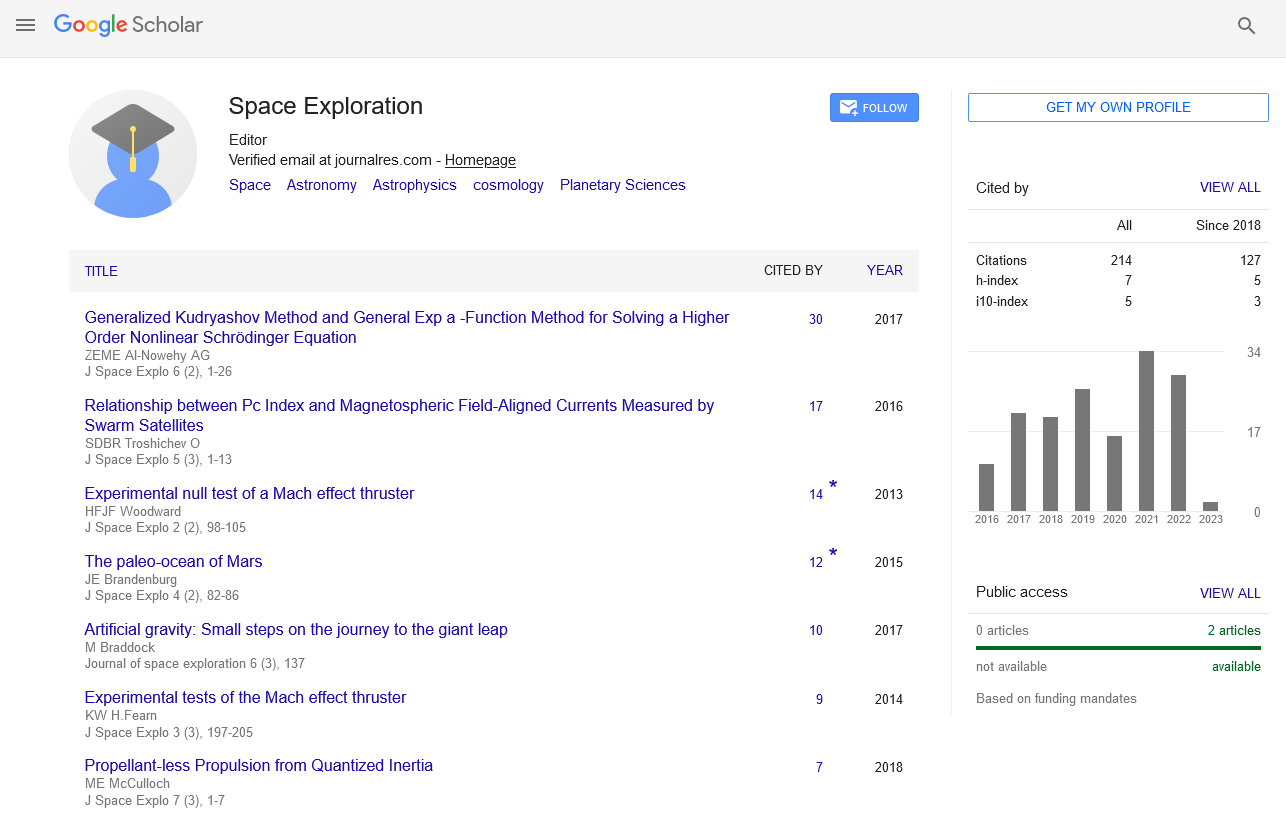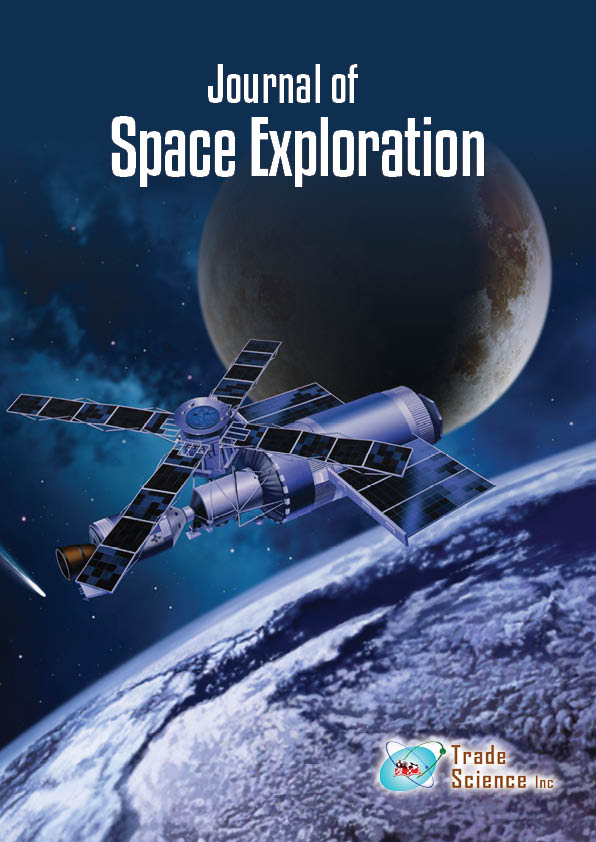Abstract
Exploring the role of magnetic fields in star formation
Author(s): Diriba Gonfa Tolasa*The process of star formation is a fundamental phenomenon in astrophysics, shaping the structure and evolution of galaxies. Among the various factors influencing star formation, magnetic fields play a crucial yet enigmatic role. This thesis explores the multifaceted influence of magnetic fields on the star formation process, from the initial collapse of molecular clouds to the final stages of protostellar evolution. By integrating observational data, theoretical models, and numerical simulations, this work aims to elucidate how magnetic fields interact with gravity, turbulence, and angular momentum to regulate the efficiency and outcome of star formation. Magnetic fields are pervasive throughout the interstellar medium, threading molecular clouds that are the cradles of star formation. These fields can provide support against gravitational collapse, channel flows of material, and influence the angular momentum distribution in collapsing cores. However, their exact contribution to the star formation efficiency and initial mass function remains a topic of active research and debate. This thesis systematically reviews the observational techniques for probing magnetic fields in star forming regions, including polarization measurements of dust emission and Zeeman splitting observations. It also critically evaluates theoretical frameworks that describe Magnetohydrodynamic (MHD) processes in molecular clouds. Furthermore, it presents results from high resolution MHD simulations that offer insights into how magnetic fields affect cloud fragmentation, core formation, and accretion processes. The findings suggest that magnetic fields significantly impact the initial stages of star formation by regulating the rate of cloud collapse and fragmentation.

